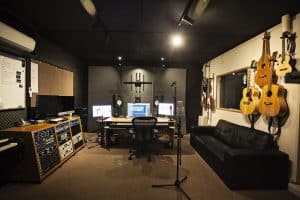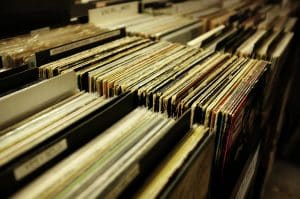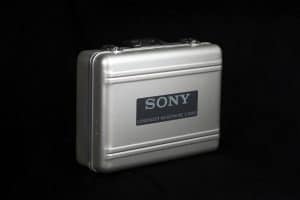Back in 2009 I build a recording studio in my home in Argentina. I used the stuffing from an old futon bed to make a vocal booth and if I moved too much the stuffing would fly around. That was fun. I had limited sound engineering skills at the time and so did my producer actually, but we had lots of fun. The results were not great and it left me yearning to record my next album professionally.
Here are some reasons why home recording can be far from ideal and reasons why you should choose a professional recording studio like Crash Symphony Productions.
Reasons to choose a Professional Recording Studio
Here are some negative points about home recording studios and why you might want to think about a professional recording studio.
1) Less than ideal acoustically. More often than not the home studio is a spare bedroom or in the corner of the basement. Most home studios have little invested to improve the sound in the room.
2) Noise issues. Professional studios are constructed with extreme acoustic isolation in mind. They keep sound from escaping and outside sounds interfering, allowing them to operate at any time of day. In the home studio you have to deal with your neighbour mowing his lawn, children running around and other noises. Additionally you can’t work at a normal volume too early or too late in the day without neighbours or your family complaining.
3) Never ending money pit. You may think you have everything you need but there is always something else.
4) Low perceptions of quality. If you’re trying to use your home studio to make an income, there is a limitation on the kind of work you’ll get. A major label is not going to send a band to your bedroom to make a record. There is still plenty of jobs you can do at a quality level but you’re at a disadvantage from the start.
5) A major distraction. You just wanted to make a quick recording of a song idea. You spend the next two hours doing software updates, scrolling through synth patches to find the perfect one and oops you’ve forgotten that great idea for a song.
6) It changes your role from musician to engineer. Instead of spending your time improving your playing and songwriting abilities you must spend your time learning recording techniques, troubleshooting,
7) Equipment that doesn’t match in quality or is low quality overall. Cheap mics into a cheap mixer into a built-in soundcard using cheap cables. If you want a professional sound there is a minimum level of equipment that must be invested.
8) It never ends. Without strict self imposed time limits you will never finish the album. A fear of commitment and the ability to tweak absolutely anything makes things take so much longer than necessary.
So there’s 10 negative sides to Home Studios. Obviously these don’t apply to everyone, and some points are very general.
Here is a video that gives you an overview of our state-of-the-art recording studio.




